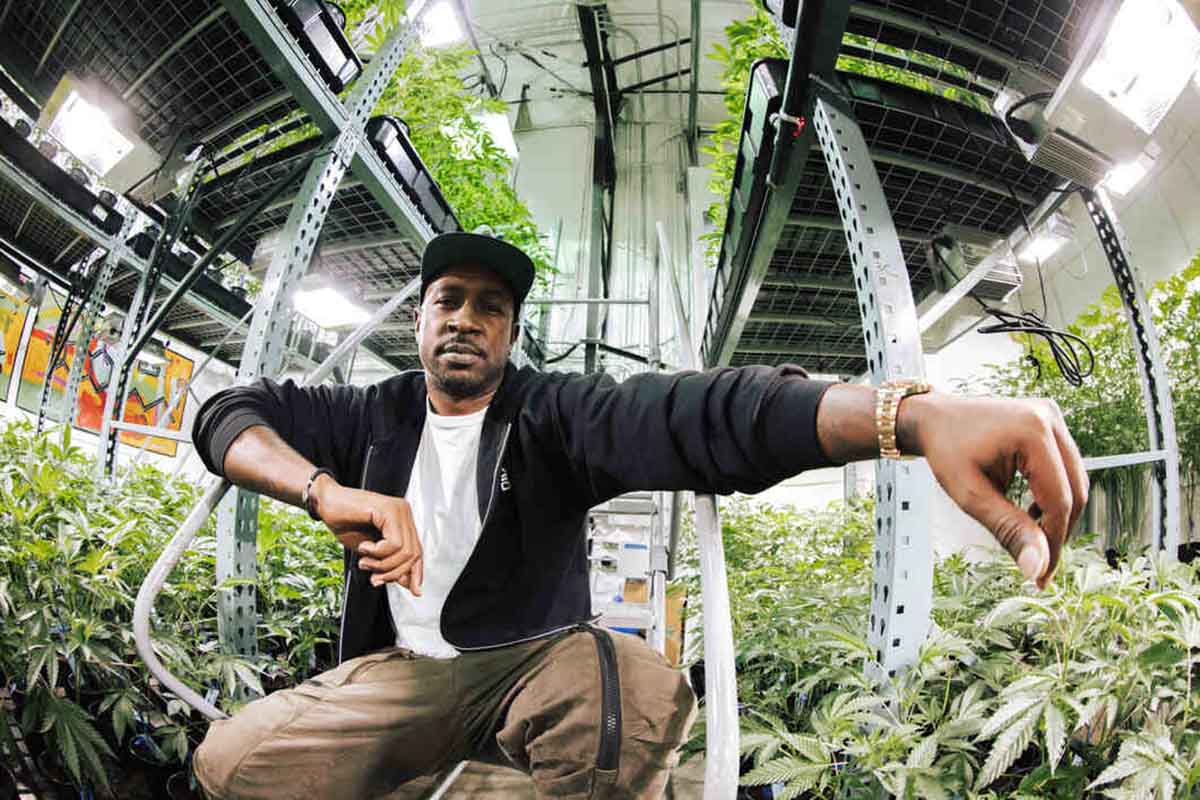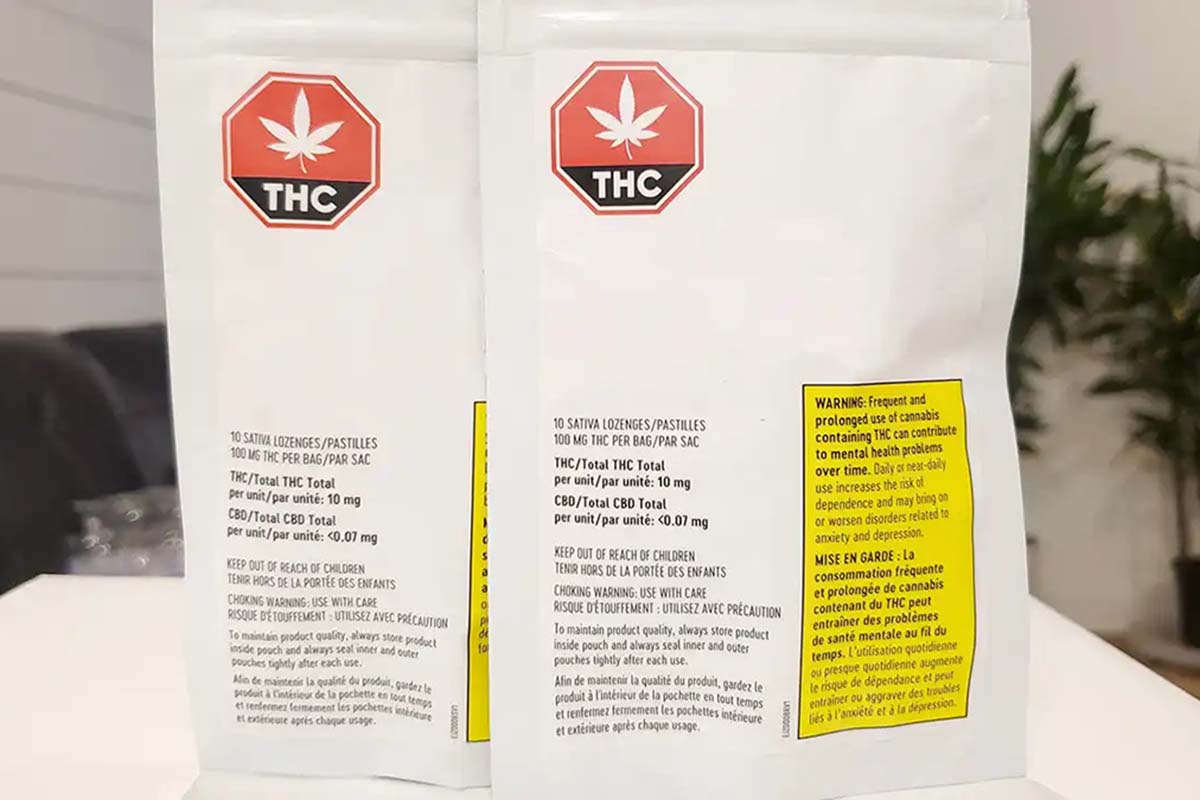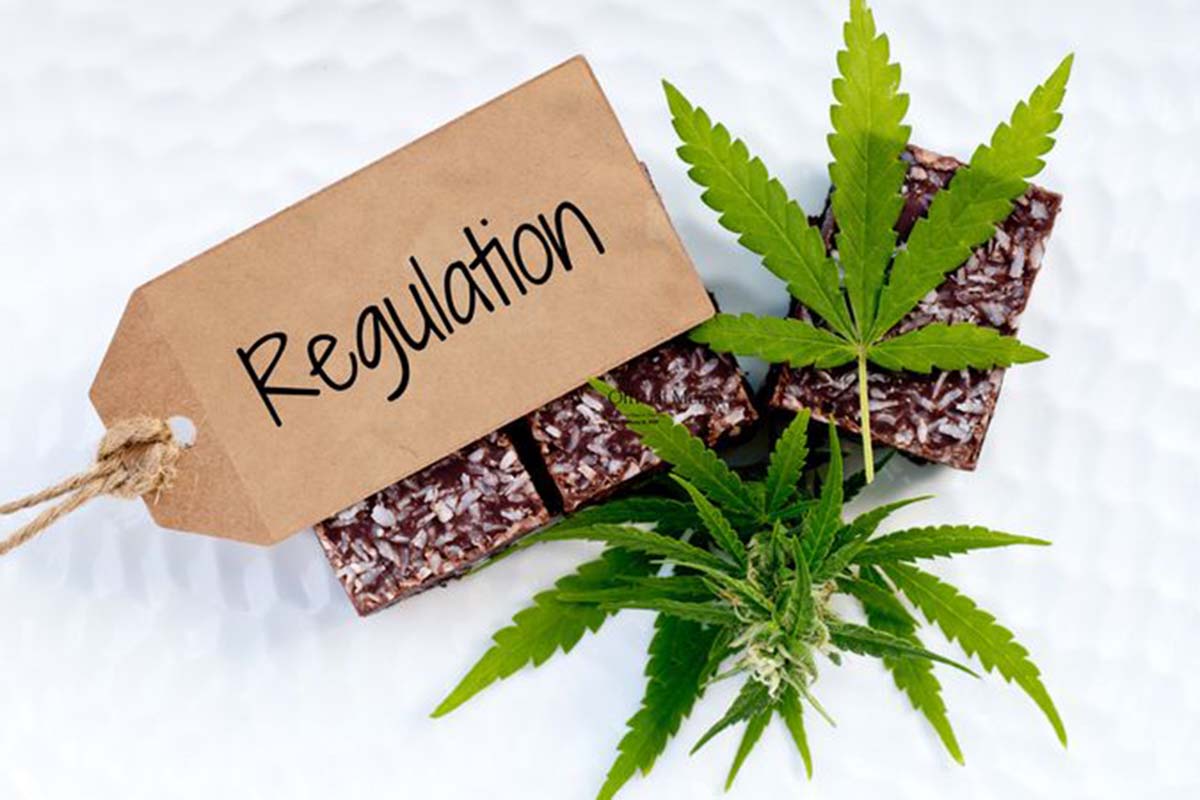Jesce Horton, Chief Executive Officer (CEO) of Lowd Cannabis, is about to build a brand-new cannabis cultivation facility in Oregon. While doing so, he looks back and emphasizes the importance of property ownership, specifically if an up-and-coming cannabis cultivator is searching for investors.
During his initial foray into the regulated cannabis market within the state, Horton started looking for what would eventually become his first-ever cultivation warehouse.
However, Portland property landlords often charged marijuana enterprises a minimum of three times up to eight times exceedingly for every square foot compared to their conventional counterparts.
According to Horton, although he and his company were excited to secure the property lease, he felt they were at a disadvantage.
Lowd paid a large part of the rent in advance to subsequently obtain a lease on that property. The company, however, lost the lease due to a few issues related to fine-print zoning, which was commonplace during the foundational periods of regulated marijuana.
Fast forward to 2016, as Horton’s craft cannabis enterprise grew, the chief executive initially signed a property purchase agreement for previously an auto wrecking facility, which would eventually become his company’s brand-new location.
After multiple project delays stemming from issues with licensing and permitting, the purchase ultimately went through five years later.
As stated within the purchase agreement, Lowd could assign the property to a different party. Within the five-year window from purchase agreement to sale, Horton mentioned some groups approached him repeatedly and offered a sale-leaseback, but he conclusively decided against such an offer.
Today, Horton expresses contentment that Lowd Cannabis managed to maintain ownership of the new facility. As for Horton, solid ownership of a real estate property is way more important than giving in to the temptation of a sale leaseback.





